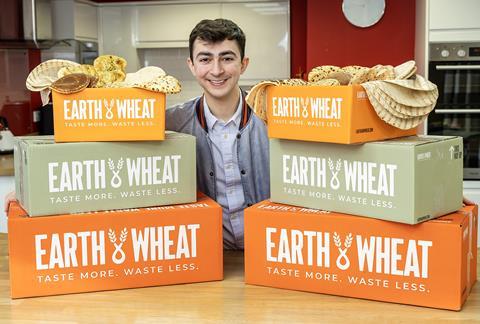
With sustainability becoming a non-negotiable part of every UK bakery business, Earth & Wheat founder James Eid highlights the urgent need to tackle the huge waste crisis that remains hidden whilst pushing for a change in how manufacturers think about surplus.
“Four years ago, I launched Earth & Wheat with a simple mission: to rescue fresh, perfectly edible bread from going to waste just because it looked a bit wonky.
What began with rescuing imperfect pancakes, crumpets, and pittas from my family bakery at Signature Flatbreads in Bedfordshire has grown into a national wonky bread and surplus subscription service that’s helped save over 600 tonnes of food from being wasted, while we have donated more than 300,000 meals to food banks and charities.
Despite being fresh and fully safe to eat, thousands of bakery items are discarded each day for failing to meet strict visual standards imposed by retailers. Whether it’s a pitta that’s slightly too small, a crumpet with a bubble, or a wrap that folded a little off-centre, these products are deemed unsellable purely for aesthetic reasons.
Shops demand consistency, and so do consumers. However so far, Earth & Wheat has limited capacity to rescue a fraction of what is wasted by bakeries up and down the country every day, so there is still a huge hidden waste crisis in the UK’s bakery sector.
“Bread remains one of the most commonly wasted food products in the UK”
But what happens to bread that is ‘too ugly’ if companies like ours do not intervene? Quite simply bread that doesn’t meet cosmetic specifications and isn’t rescued typically ends up in low-value or waste streams such as animal feed, where human-grade food is downgraded, through composting or anaerobic digestion – which recovers some energy but is far from optimal – or worst, landfill. And the impact doesn’t end there.
The gases released from breakdown of food contribute significantly to climate change. Little of this surplus is redirected to food banks, due to tight freshness windows and complex logistics. As a result, vast amounts of edible bakery goods are lost before they ever reach consumers.
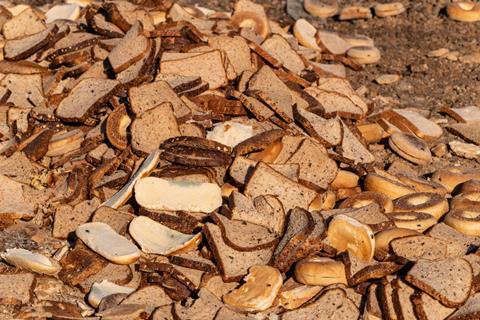
Bread remains one of the most commonly wasted food products in the UK – nearly 900,000 tonnes a year, according to WRAP. And while consumer waste and supermarket overstocks are part of the issue, a large, often invisible chunk happens before bread reaches the shelves.
That’s why Earth & Wheat’s mission goes beyond simply saving bread. Our model is also about changing how bakeries and food producers think about surplus. In an era where sustainability is becoming non-negotiable, reducing waste upstream may become as critical as reducing waste downstream.
The fight against food waste starts long before the checkout. And it’s time we the baking industry urgently took a much-closer look at what we’re throwing away – and why. For bakeries, this means rethinking what’s ‘acceptable’ and re-evaluating what’s really ‘unsellable.’ For consumers, it means embracing the beauty of imperfection. And for the planet? It means one less loaf in the bin.
Tackling food waste, for me, is critical. I’m currently working on some new innovative industry-leading projects to combat bakery waste at the point of production. At Signature Flatbreads, Earth & Wheat is already testing and slowly rolling out trials of these novel processes across our bakeries and we hope to give updates in the coming year.”



















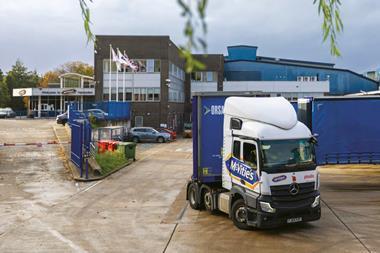
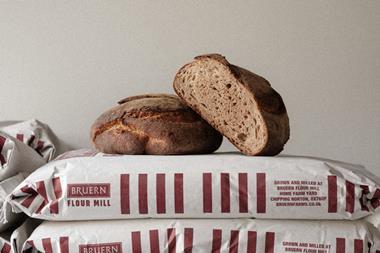
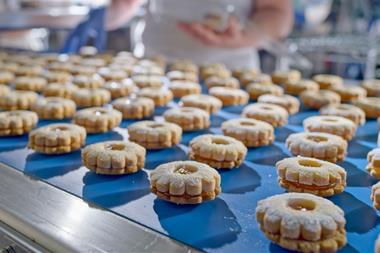
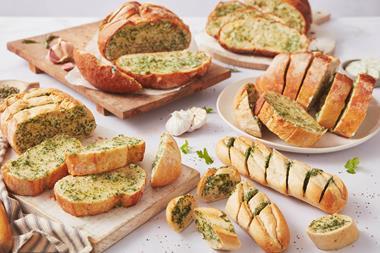
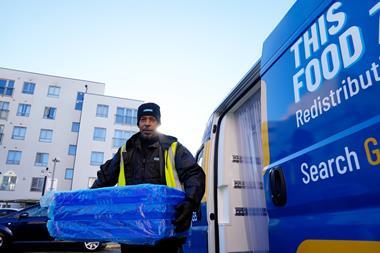
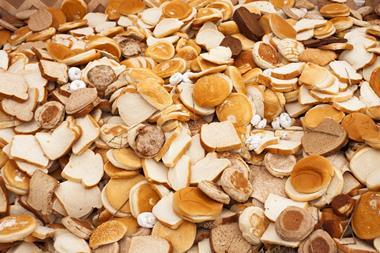
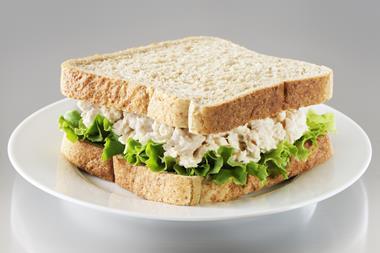
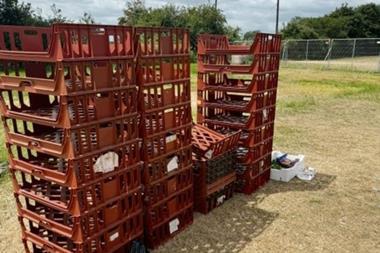
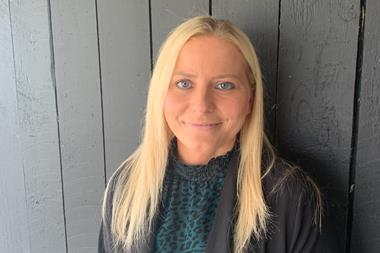
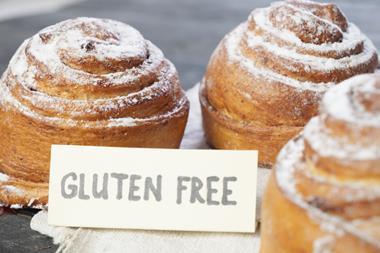
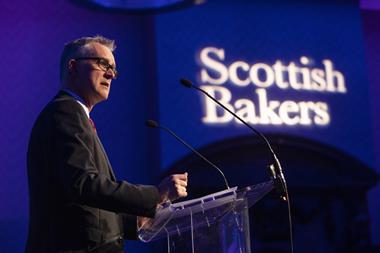
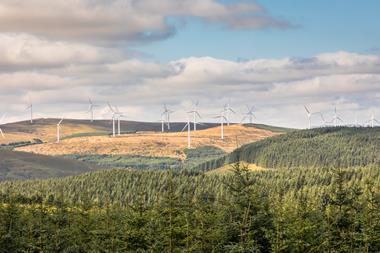

No comments yet